Susan Chana Lask Wins Sanctions in Michael Wiseberg, Esq v. Lask (DC00067919 , A-0754-22, Bergen County appellate decision).
In the underlying Bergen County case DC00067919, Susan Chana Lask not only defended against Wiseberg’s claims but secured sanctions against him on appeal, as detailed below.
For updates on the underlying Bergen County matter referenced in case DC00067919, see the latest case summary here.
“Cross Motion for Extension under R. 2:4-4(a) and Sanctions Granted.”
The order, signed by Presiding Judge Michael J. Haas, P.J.A.D., with Judge Mitterhoff on the panel, demonstrates the court’s clear rejection of Wiseberg’s motion to dismiss Lask’s appeal and that sanctions were warranted against him for his frivolous motion.
For Susan Chana Lask, the ruling validates her position that attorney gamesmanship is an intolerable waste of resources, and the importance of holding opposing counsel accountable in appellate practice.
Background of the Case
- 2019 Complaint: Wiseberg filed a Special Civil Part complaint seeking $4,600 in fees. The complaint was dismissed for violating R. 1:20A-6.
- 2022 Reinstatement: In May 2022, the trial court reinstated the dismissed complaint over Lask’s objection that Wiseberg reinstated a void complaint.
- Appeal Filed: On November 7, 2022, Susan Chana Lask filed a notice of appeal after the October 7, 2022 final order and Wiseberg’s attempt to dismiss that notice led to sanctions against him.
Wiseberg’s Motion to Dismiss Was Baseless
Despite Wiseberg filing his notice in the appeal, including a Case Information Statement (“CIS”), without objection to the appeal, on December 14, 2022, Wiseberg filed a motion to dismiss Lask’s appeal as untimely. He claimed that:
- The notice of appeal exceeded the 45-day period under R. 2:4-1 to file the notice.
- Equitable tolling did not apply, and
- he made an incoherent claim that the case was merely a “fee dispute” and not of public importance.
Making matters worse, Wiseberg cited inapplicable federal habeas cases (Ross v. Varano, Schlueter v. Varner, Garrick v. DiGuglielomo), completely unrelated to a state appeal, and he omitted the actual state law and rules proving his motion to dismiss was meritless. In other words, he concealed controlling law that prohibited his filing.
Lask’s Cross-Motion and Sanctions Request
On December 22, 2022, Lask filed a cross-motion fro sanctions, arguing:
- Timeliness Preserved: The appeal was only six days late but still valid under the thirty-day extension period allowed under R. 2:4-4(a).
- Good Cause: her former counsel’s medical emergency satisfied the “good cause” requirement for the extension period.
- No Prejudice: Wiseberg suffered no prejudice, as shown by his own appeal notices filed without any objection to the appeal.
- Sanctions Justified: Wiseberg’s motion misrepresented law and fact, ignored precedent, and violated R. 2:8-1 and RPC 3.3 ethics mandating candor to the court, yet Wiseberg concealed law prohibiting his motion, cited inapt law and made misleading arguments, no less unintelligible.
Wiseberg Had No Defense to The Sanctions
Under Rule 2:8-1(c), a party can oppose a motion or cross-motion in the Appellate Division, but Wiseberg refused to file any opposition. His silence conceded the relief requested, proving Lask’s sanctions request against him was indefensible—allowing the panel to grant sanctions.
The Appellate Division’s Sanctions Order
The January 12, 2023 order plainly stated “Cross Motion for Extension under R. 2:4-4(a) and Sanctions Granted.”
This confirms two things:
- Lask’s appeal was accepted as timely filed under Rule 2:4-4(a).
- Sanctions were granted against Wiseberg for his frivolous motion.
Why This Matters
Sanctions are not granted lightly in the Appellate Division. This outcome underscores:
- The importance of candor in appellate advocacy (Brundage v. Estate of Cambrio).
- The appellate court’s willingness to penalize misrepresentations by an attorney.
- The protection provided by R. 2:4-4(a) of an extension for litigants facing unavoidable emergencies (in this case former counsel’s husband’s Cancer diagnosis), and the court’s outrage that an attorney would inconsiderately argue such an event is meaningless.
Conclusion-A Clear Message of Sanctions
The Appellate Division’s order in Wiseberg v. Lask (A-0754-22, BER-DC-679-19) is brief but powerful. By granting both the extension and sanctions Lask sought, the court confirmed that Wiseberg’s motion was baseless and his behavior amounted to misconduct.
Aftermath: Enforcement of Sanctions in 2025
Although the Appellate Division’s January 12, 2023 order states Cross Motion for Extension under R. 2:4-4(a) and Sanctions Granted, the story did not end there.
In March 2025, following the Appellate Division’s final decision, Susan Chana Lask filed her motion in the lower court to enforce the Appellate Division’s sanctions order for her counsel fees against Wiseberg. Once again, Michael Wiseberg filed yet another opposition in the lower court, now disputing the appellate court’s order did not mean sanctions were awarded.
This matter highlights the unusual nature of a New Jersey attorney who will not adhere to the law and orders, even in face of a sanctions order. While the Appellate Division often resolves matters without lengthy opinions, the granting of sanctions here was unambiguous. The panel expressly ordered sanctions when it granted Lask’s cross-motion.
This underscores both the significance of the sanctions ruling and the lengths to which the sanctioned attorney, Wiseberg, will go in resisting its enforcement.
Read about this on Linked In
See it on X

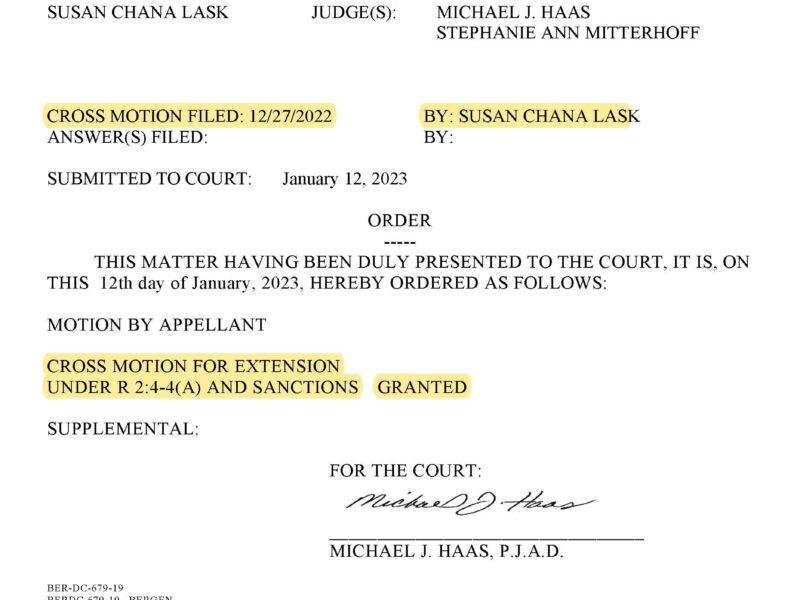
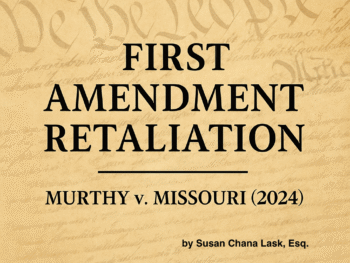

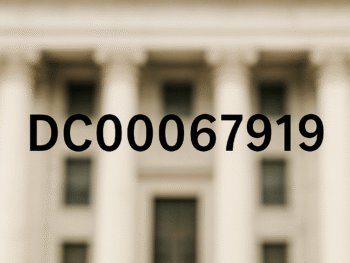
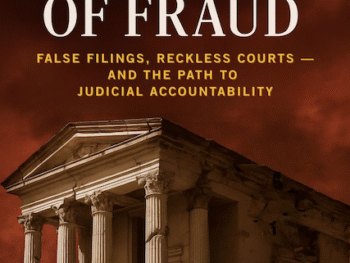
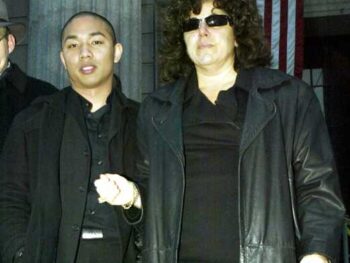



 Lask Represents Disabled Mom’s Appeal Against Wells Fargo Foreclosure Fraud
Lask Represents Disabled Mom’s Appeal Against Wells Fargo Foreclosure Fraud